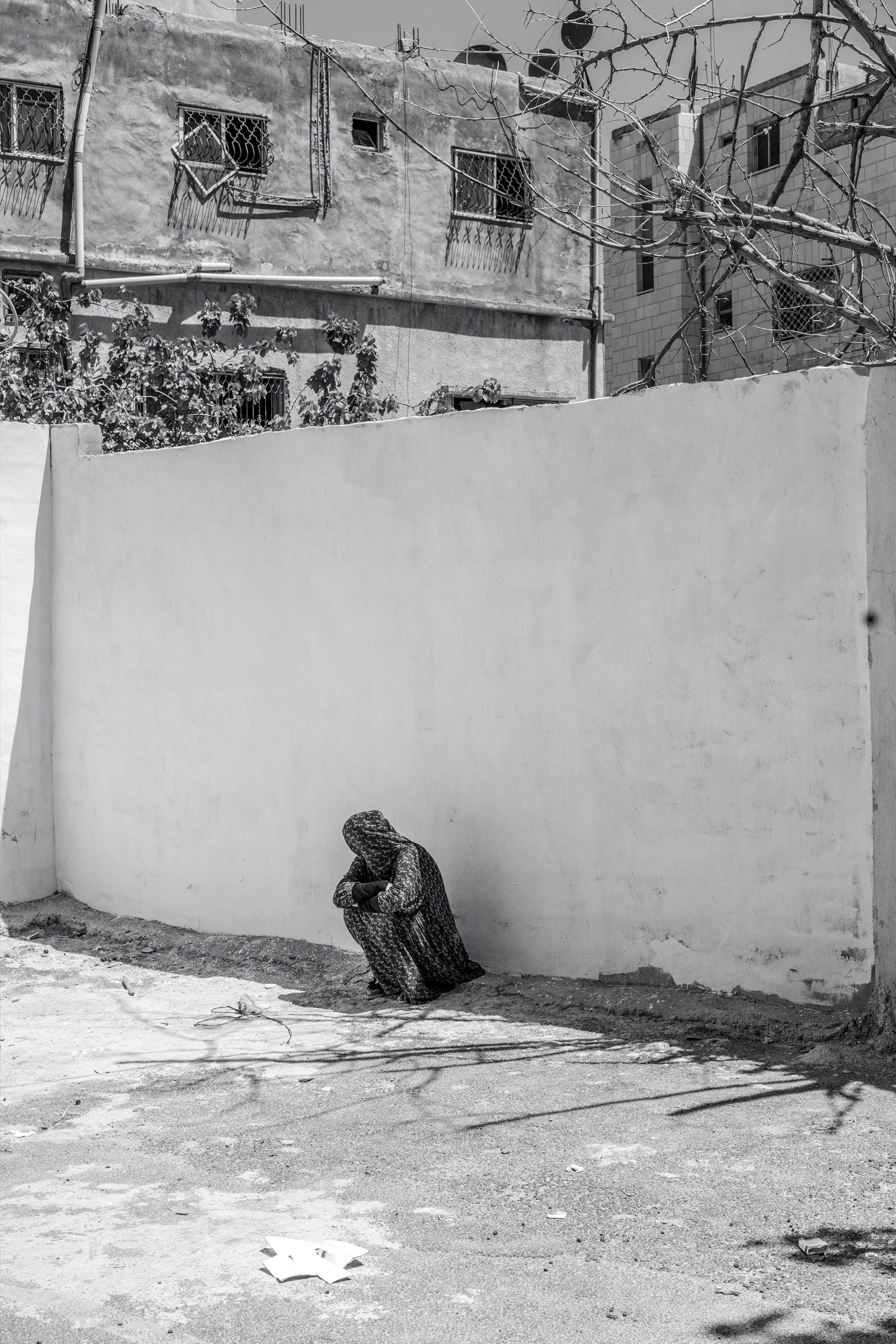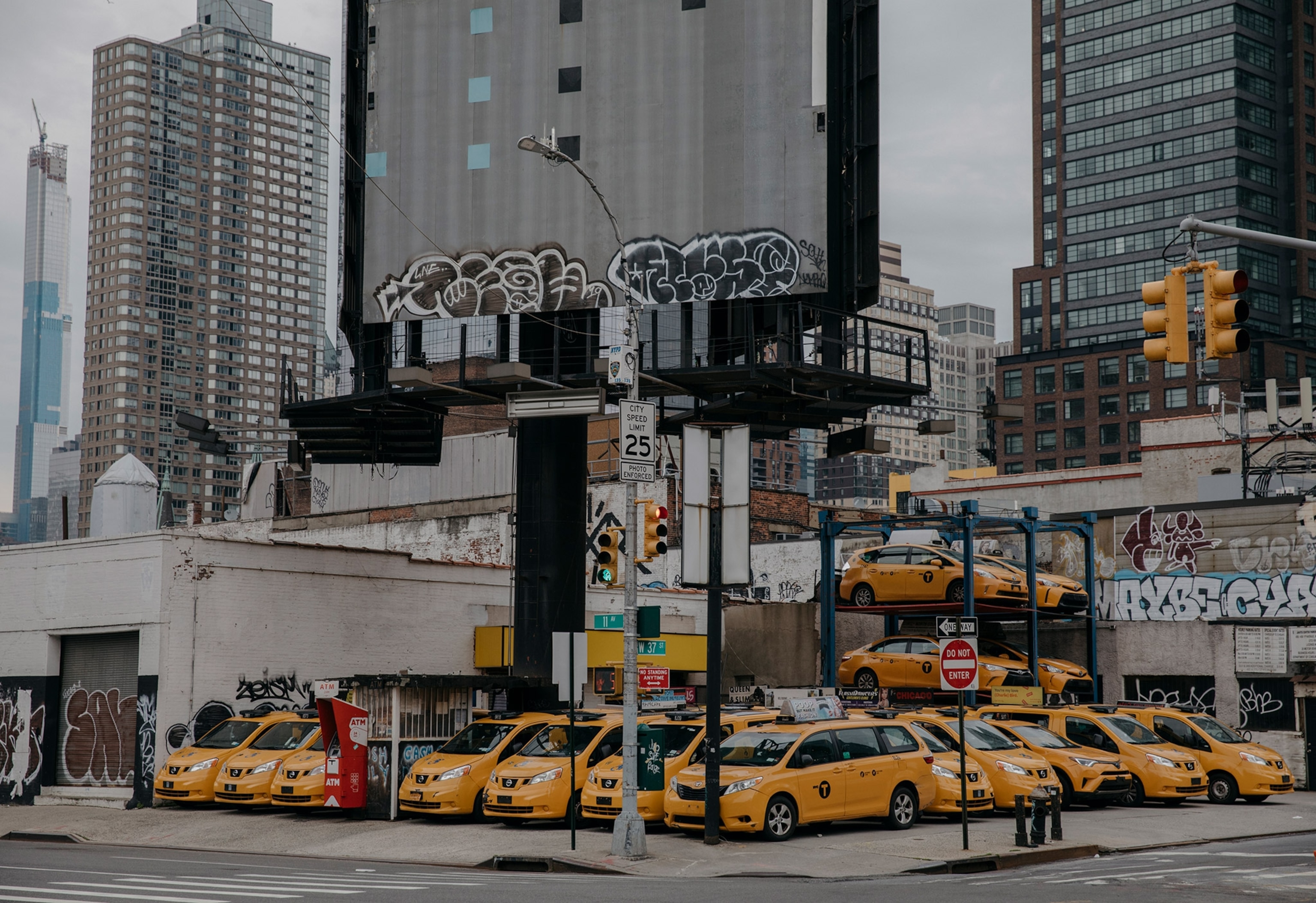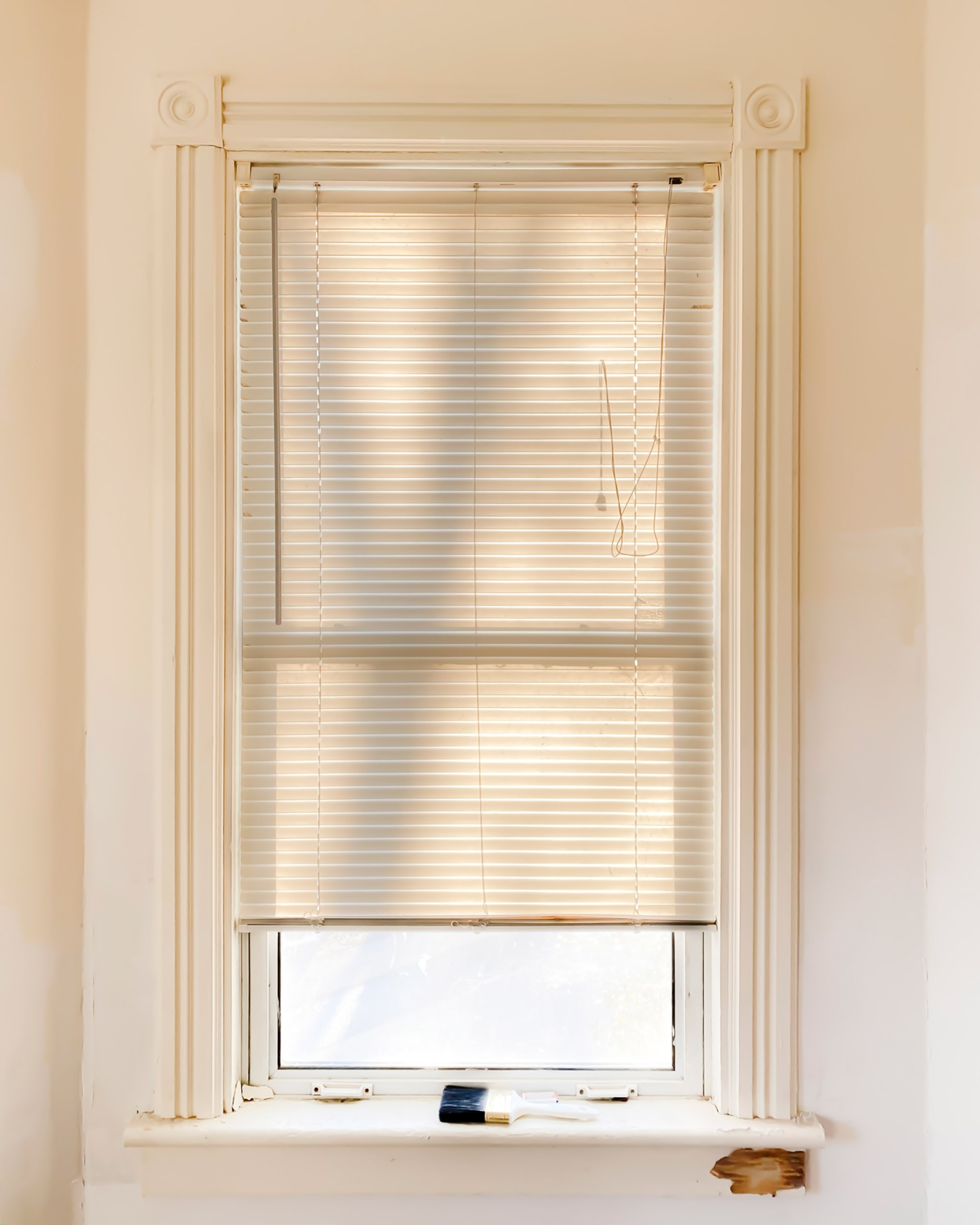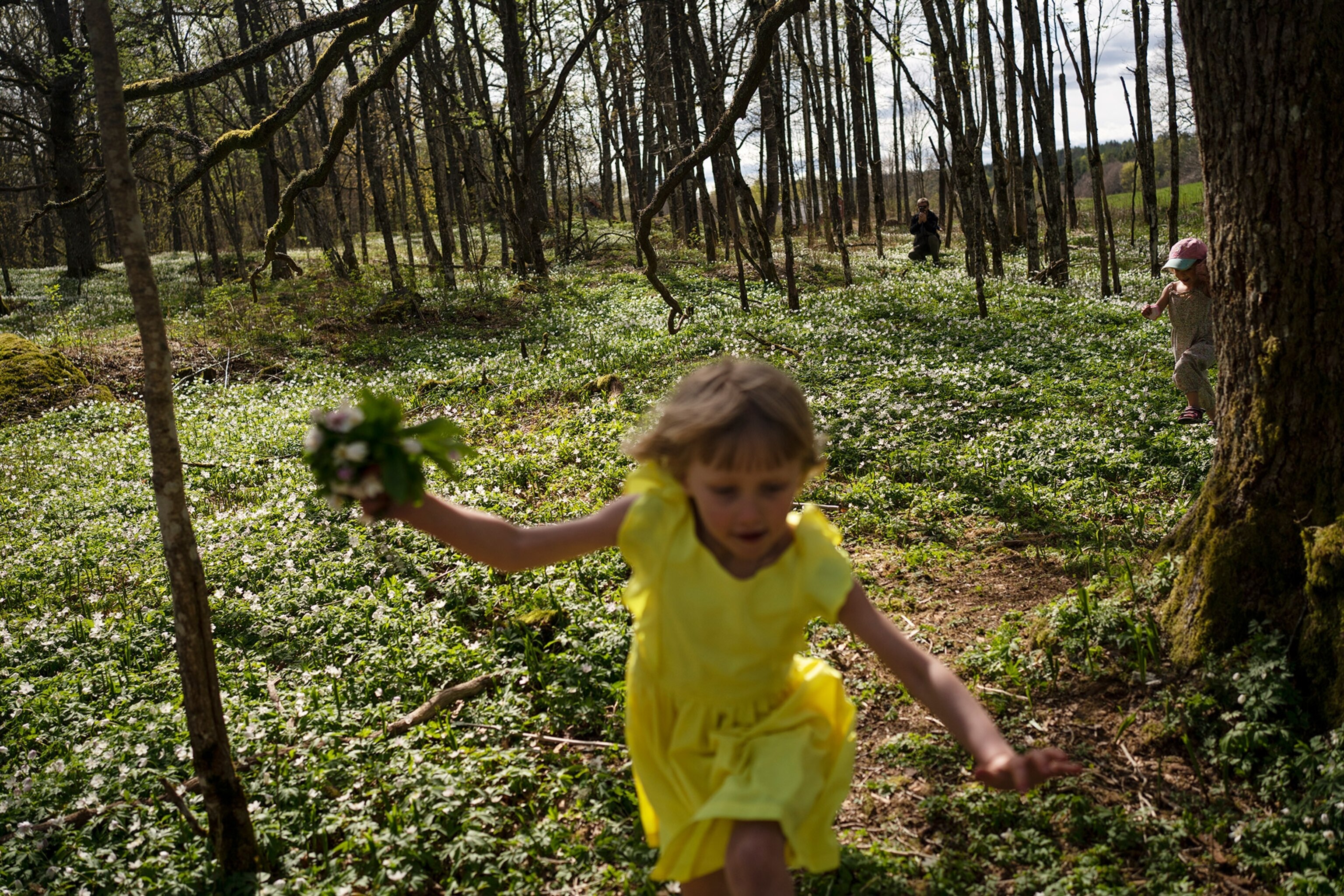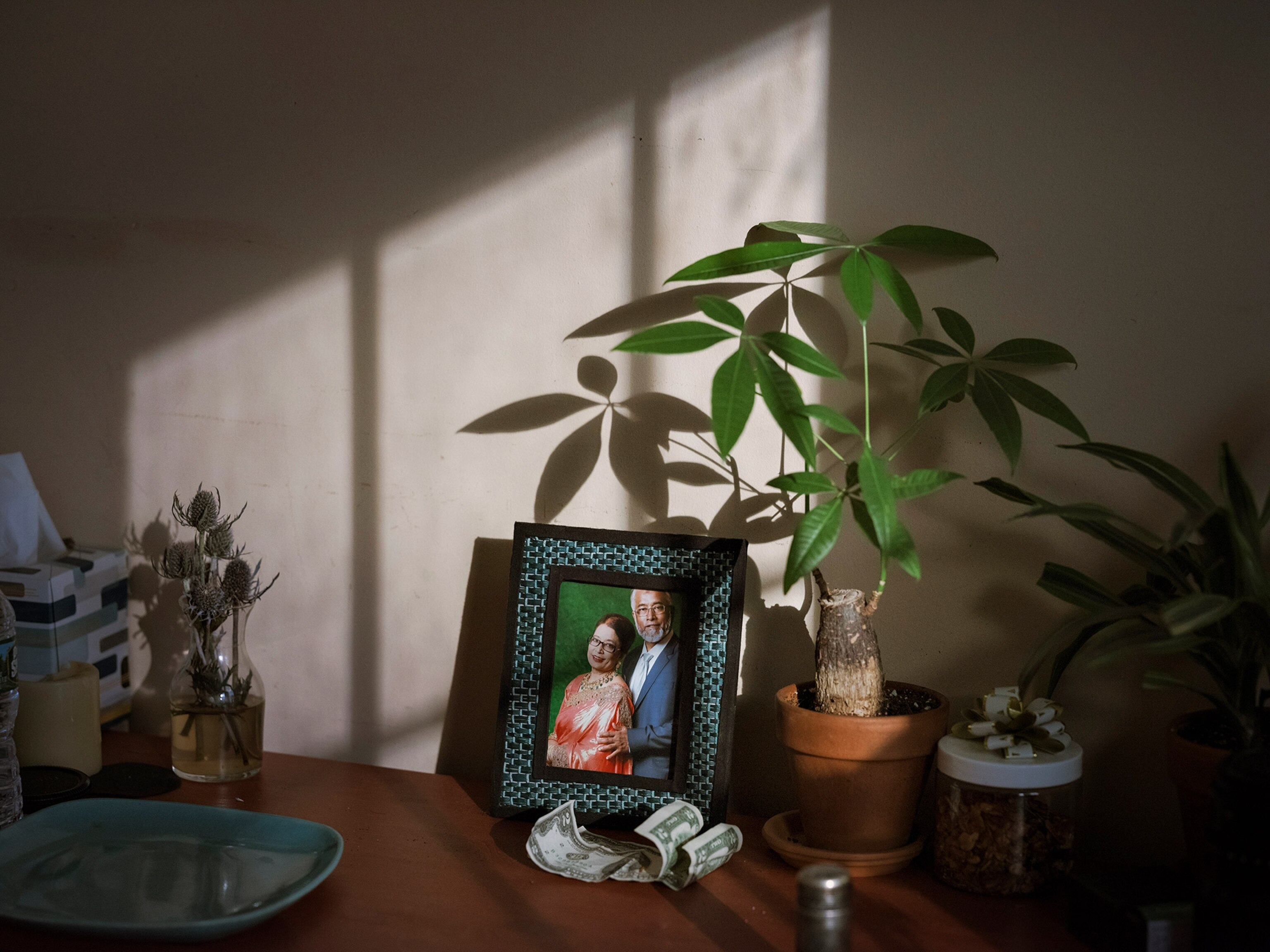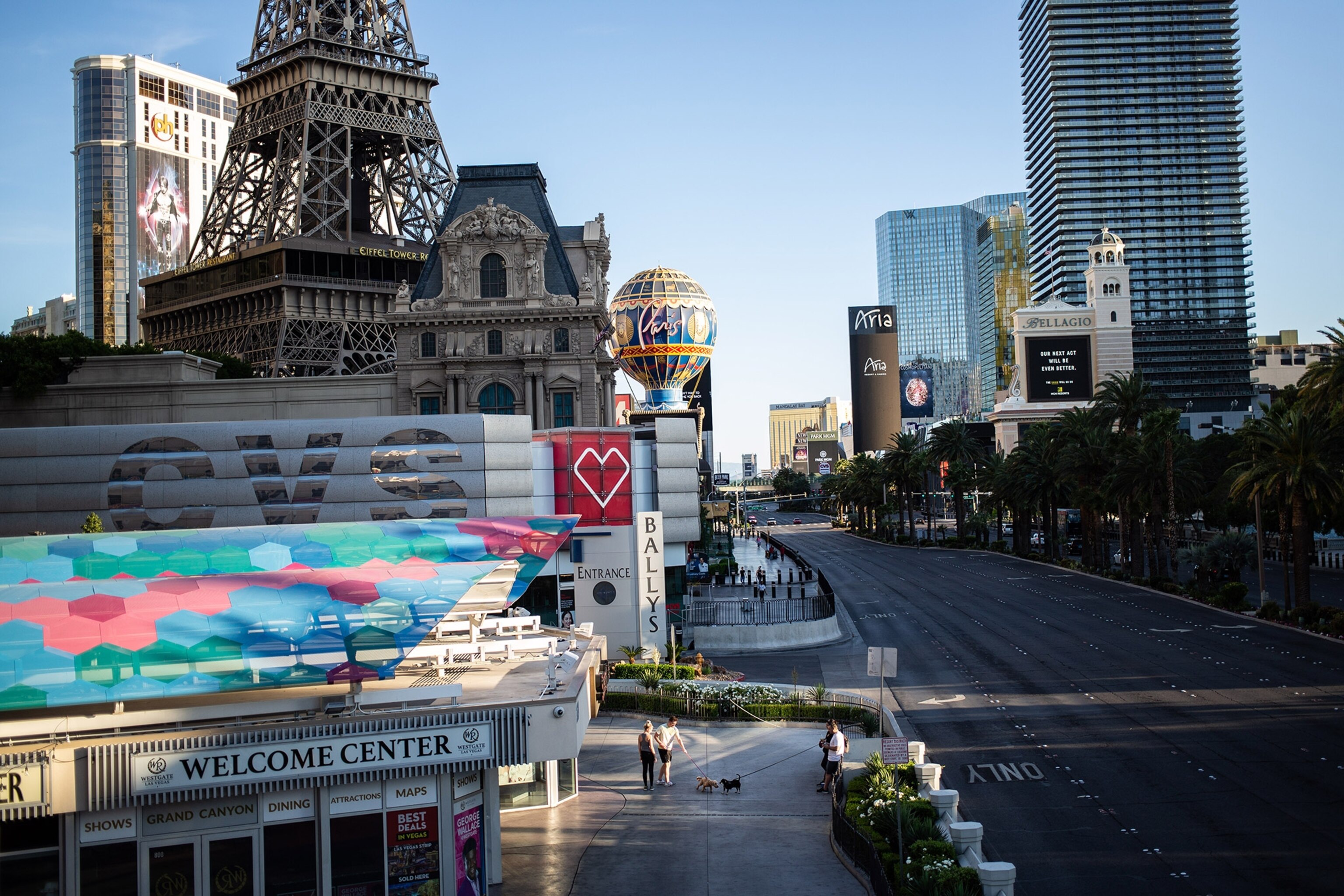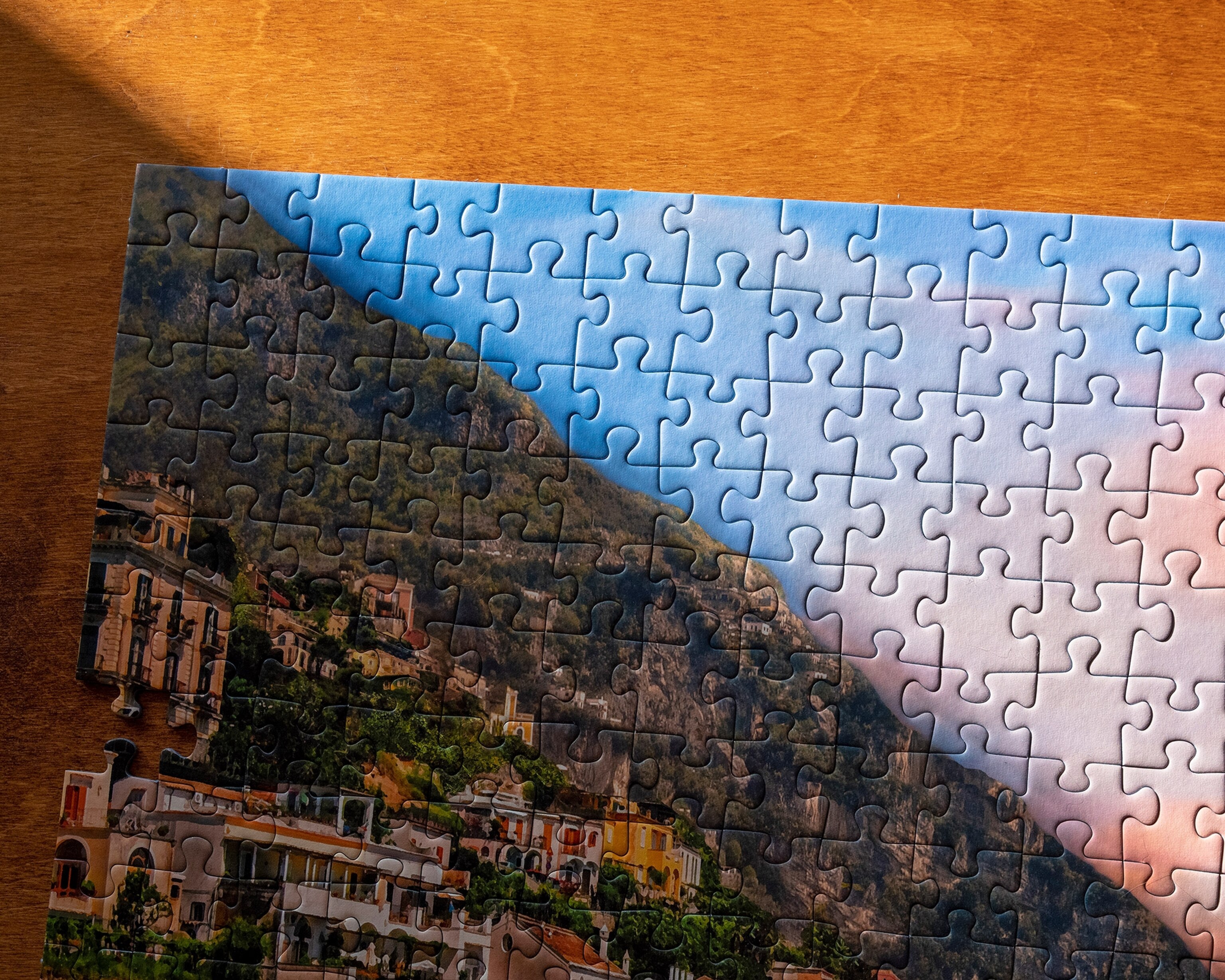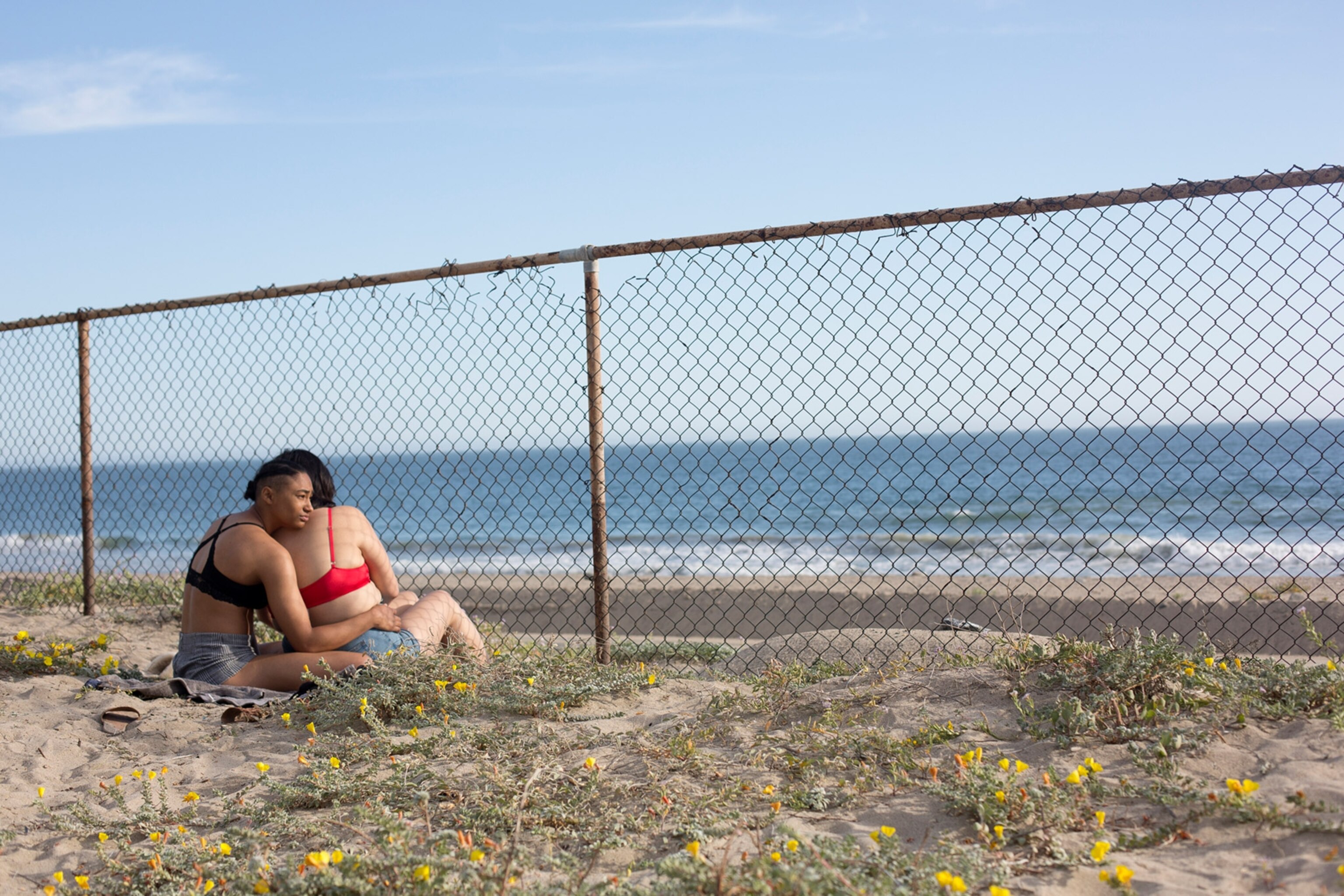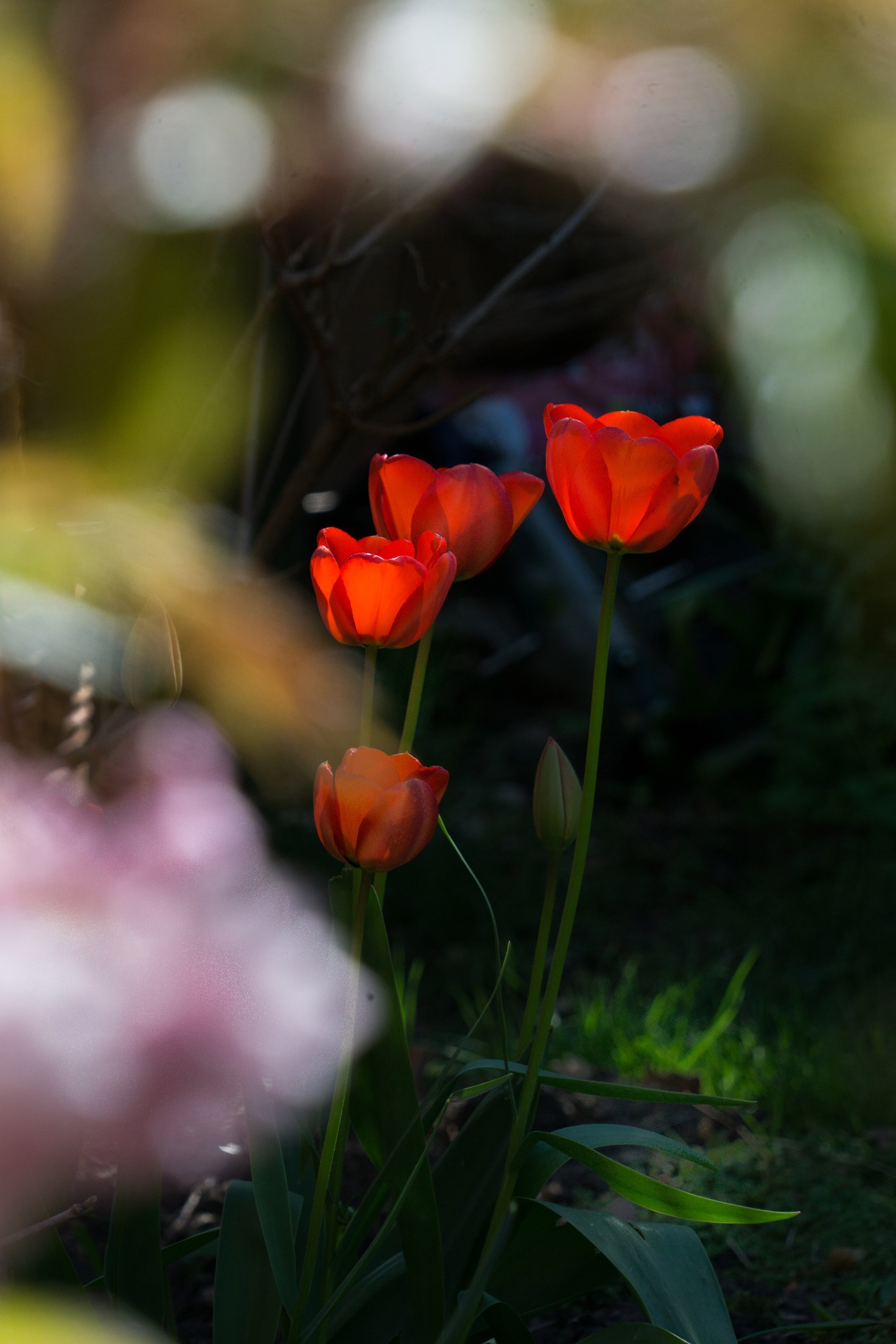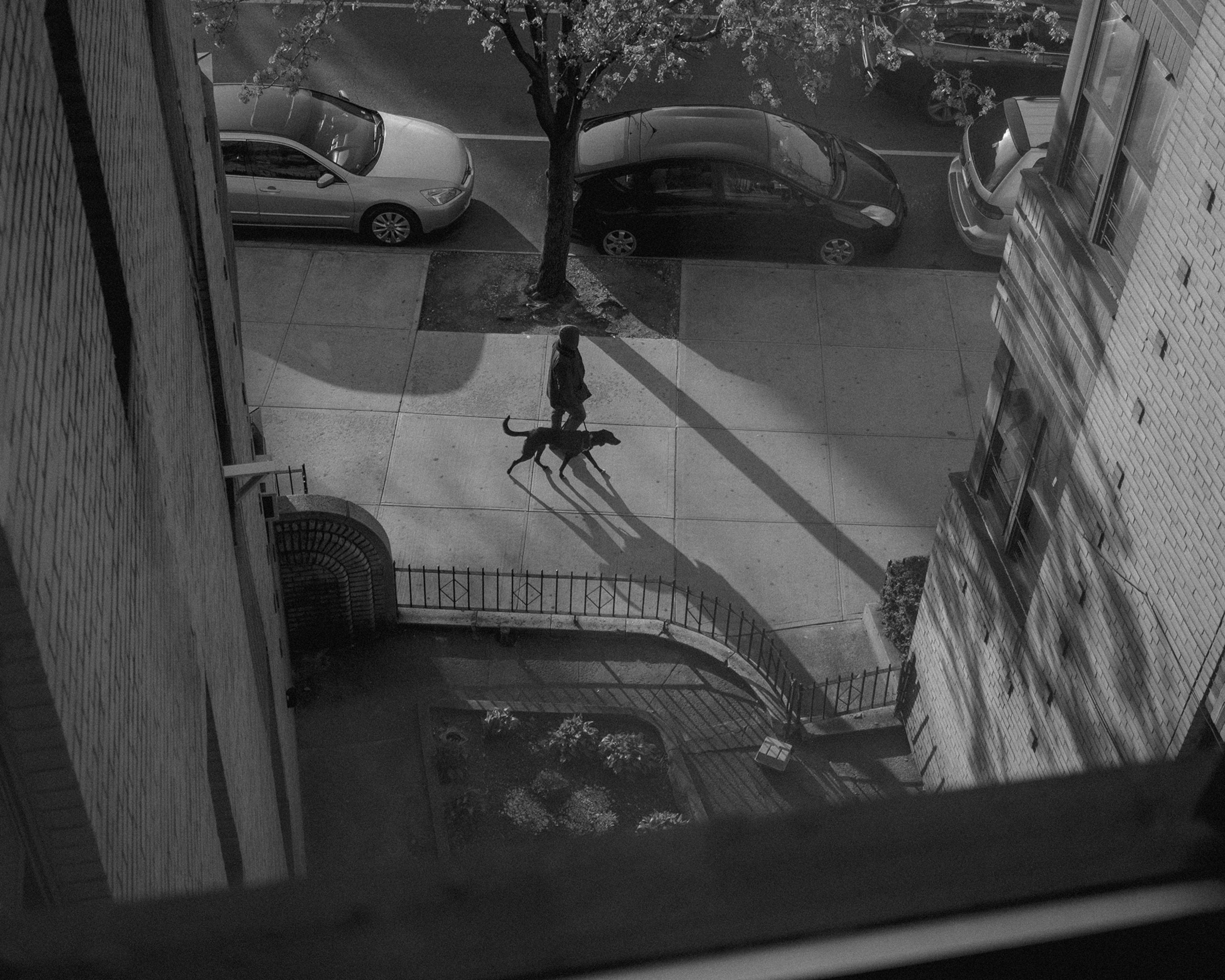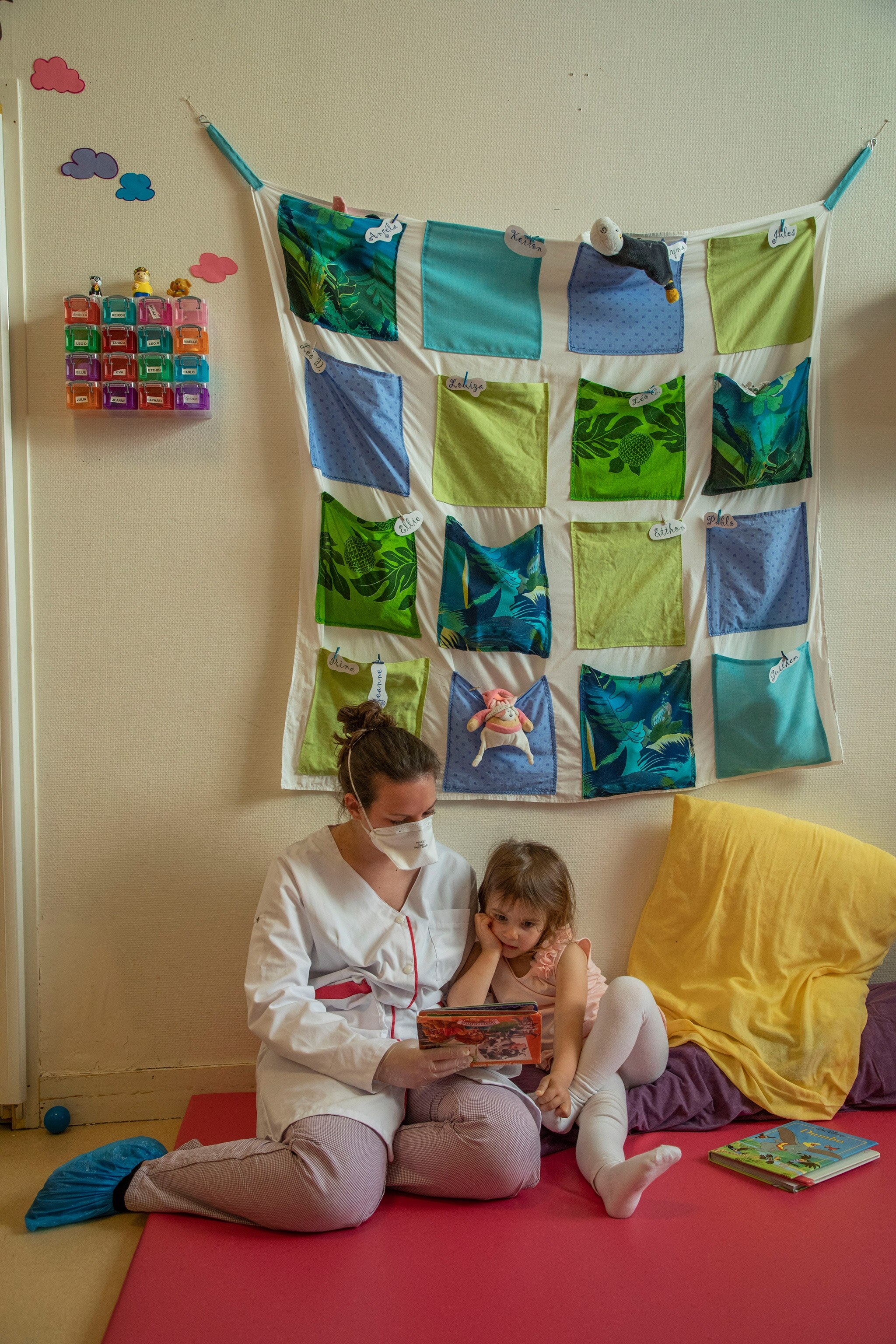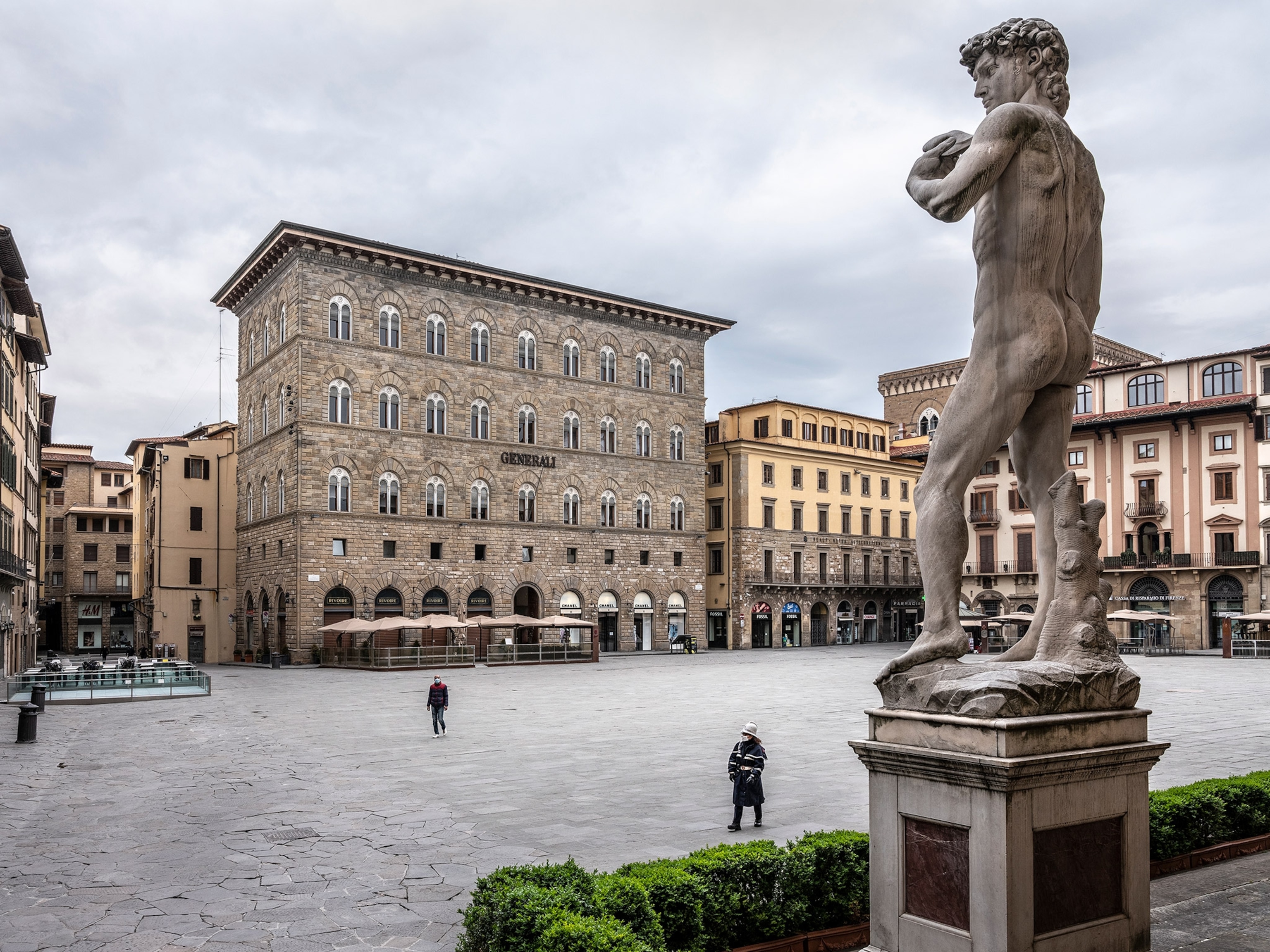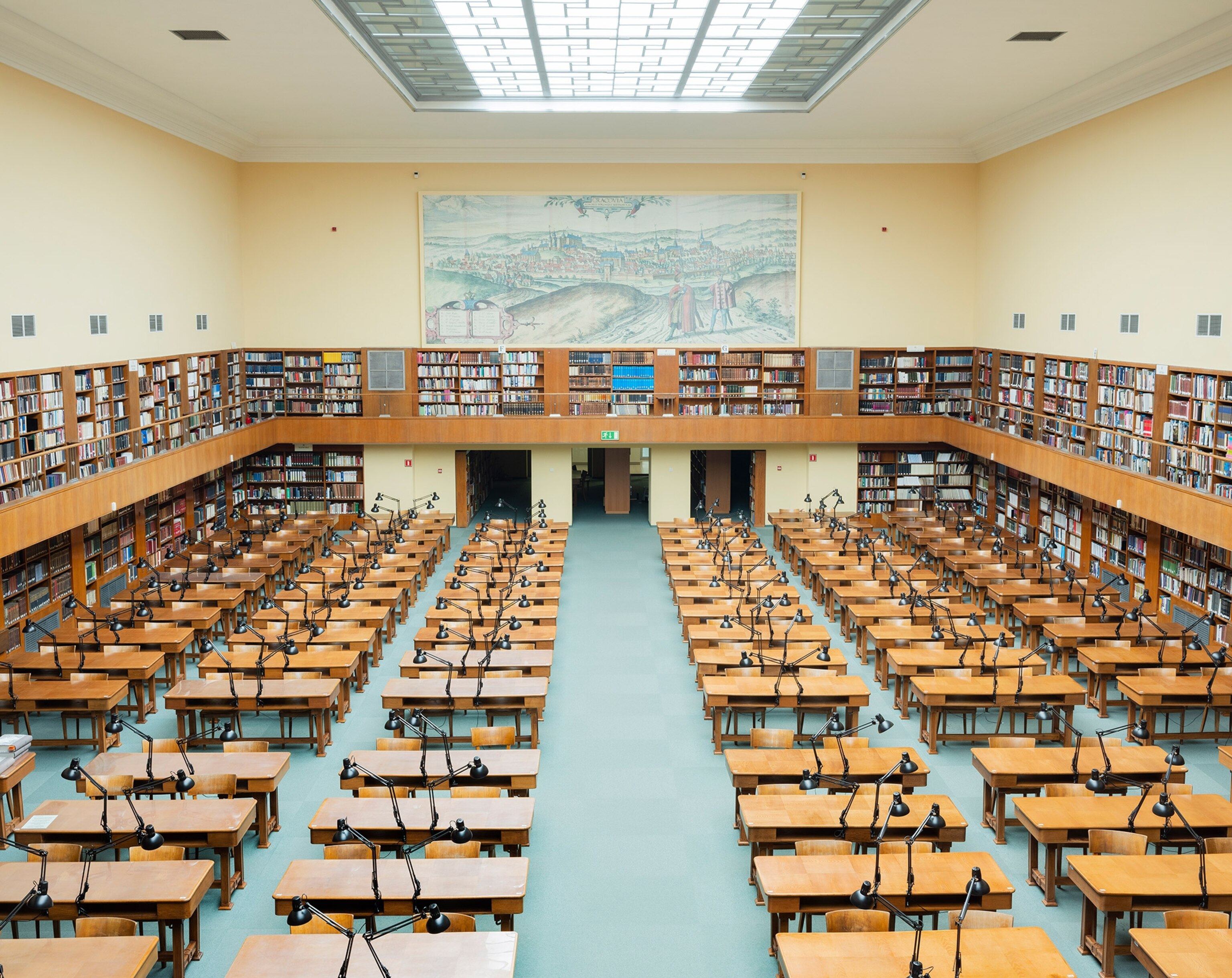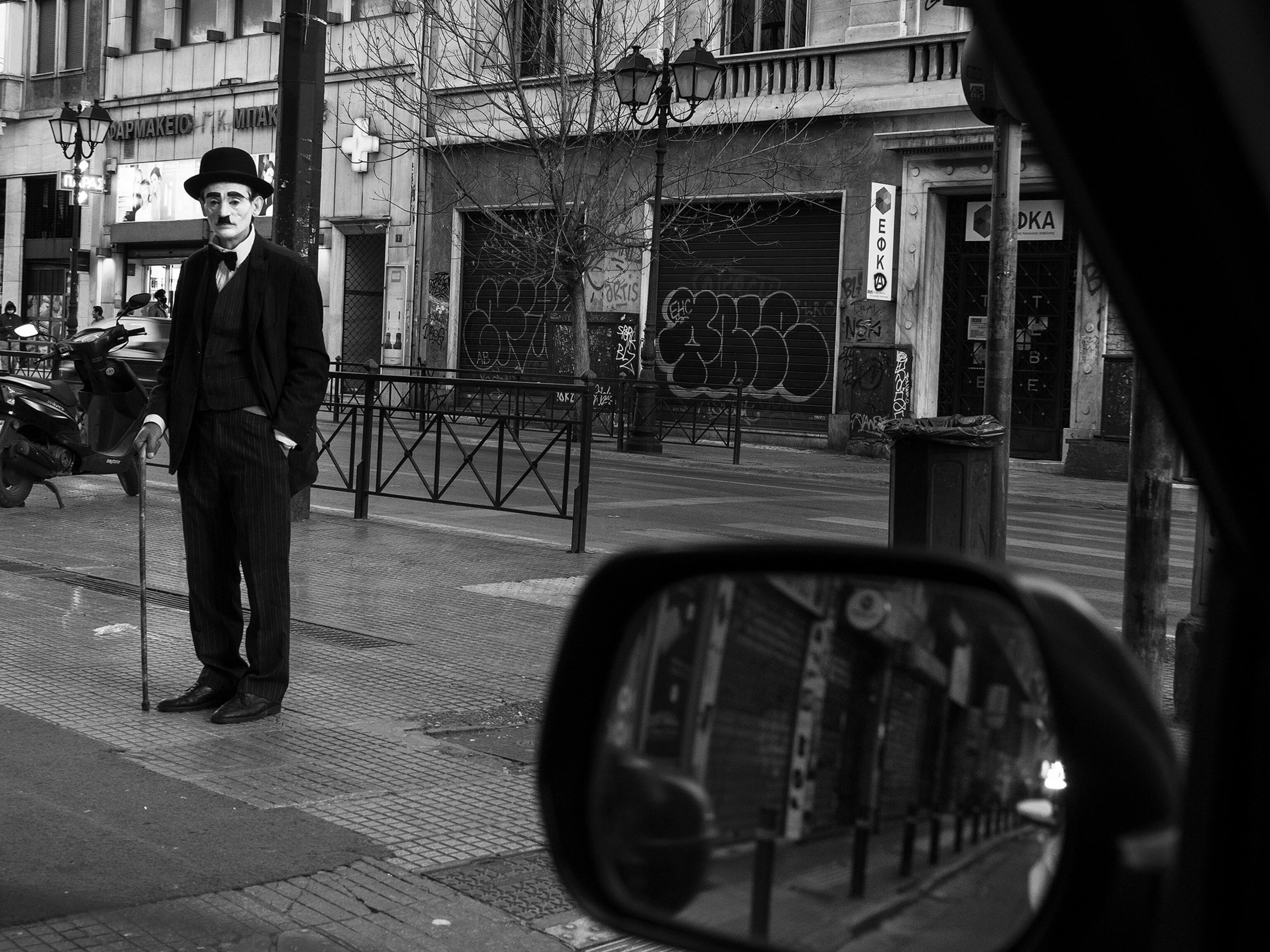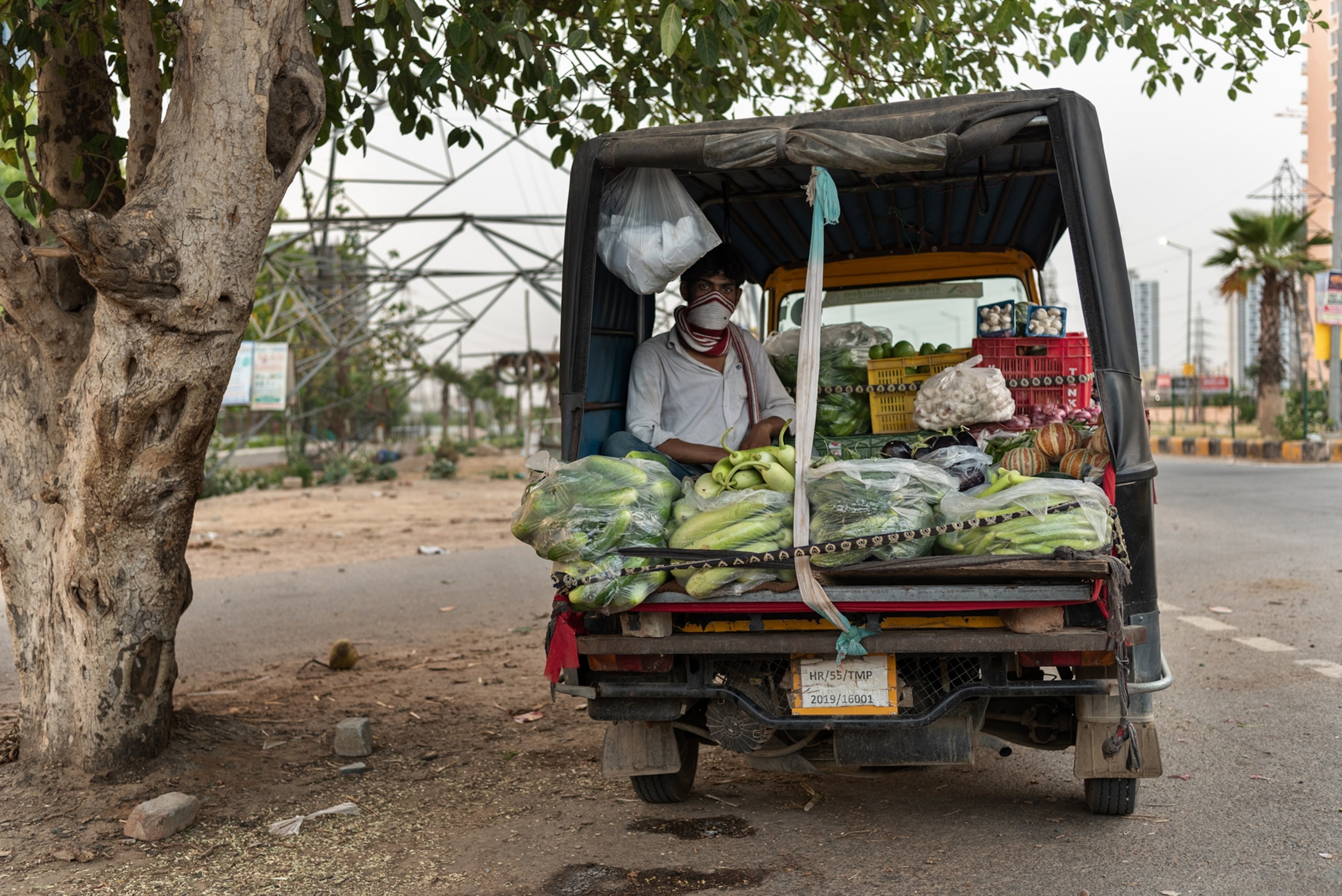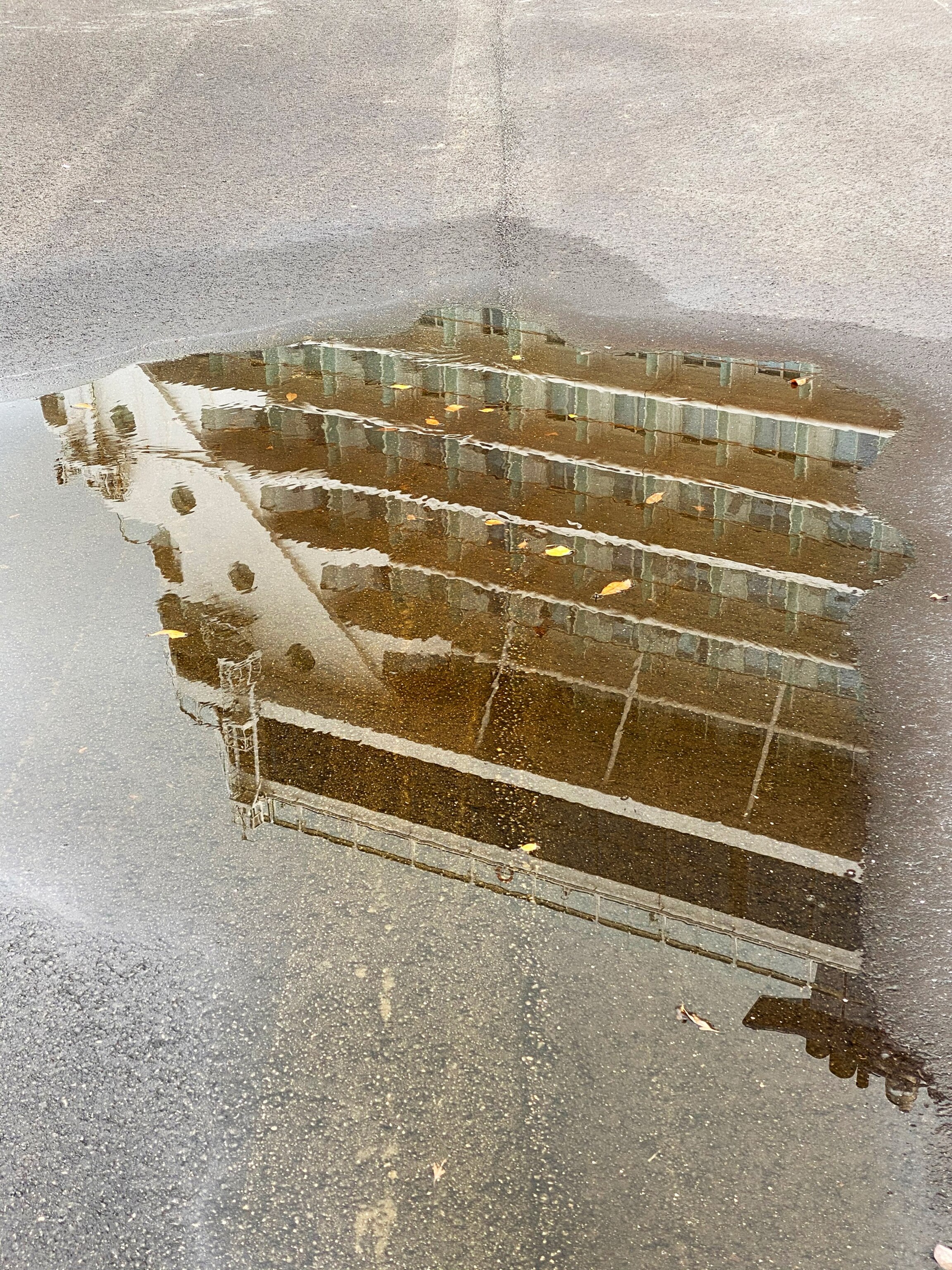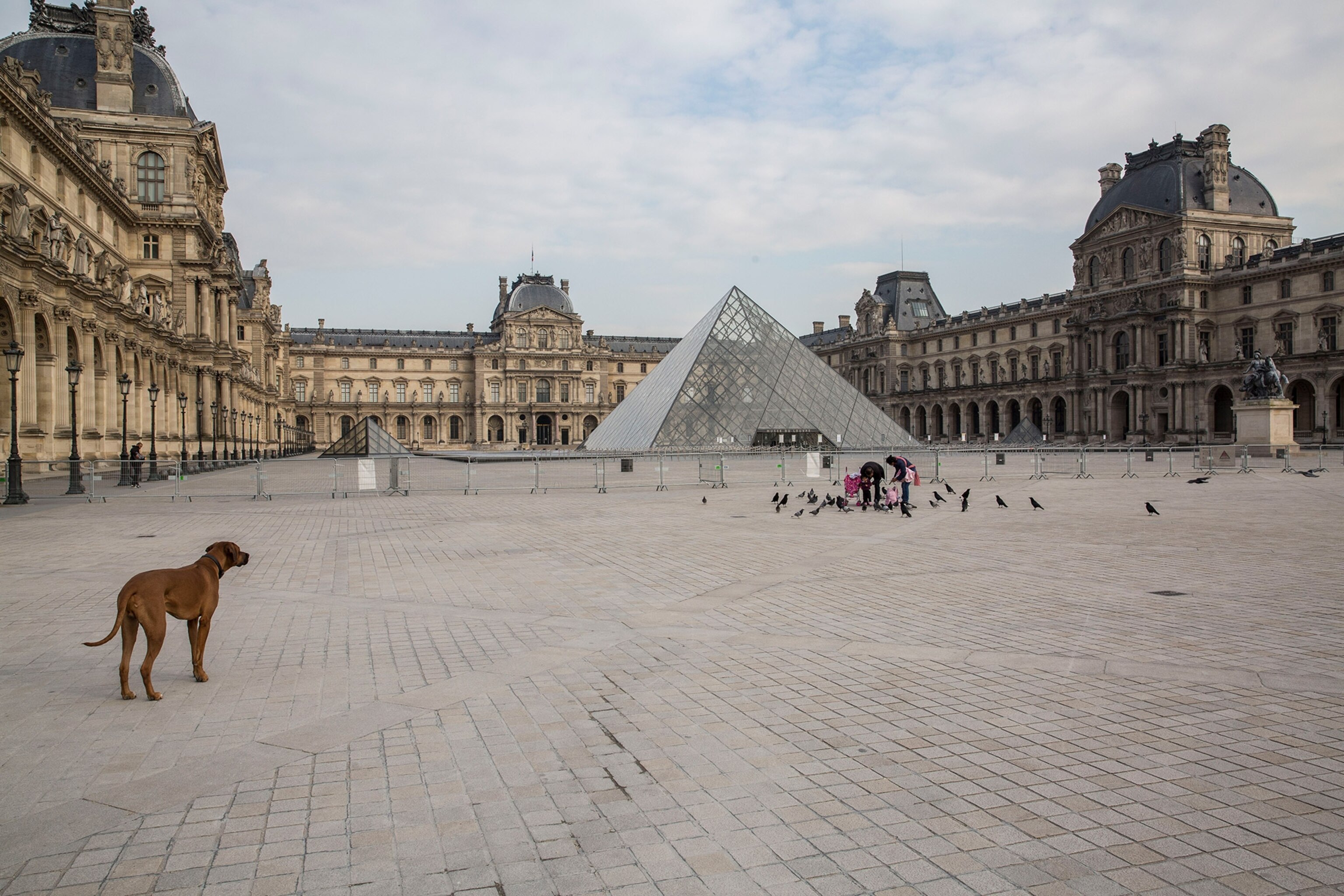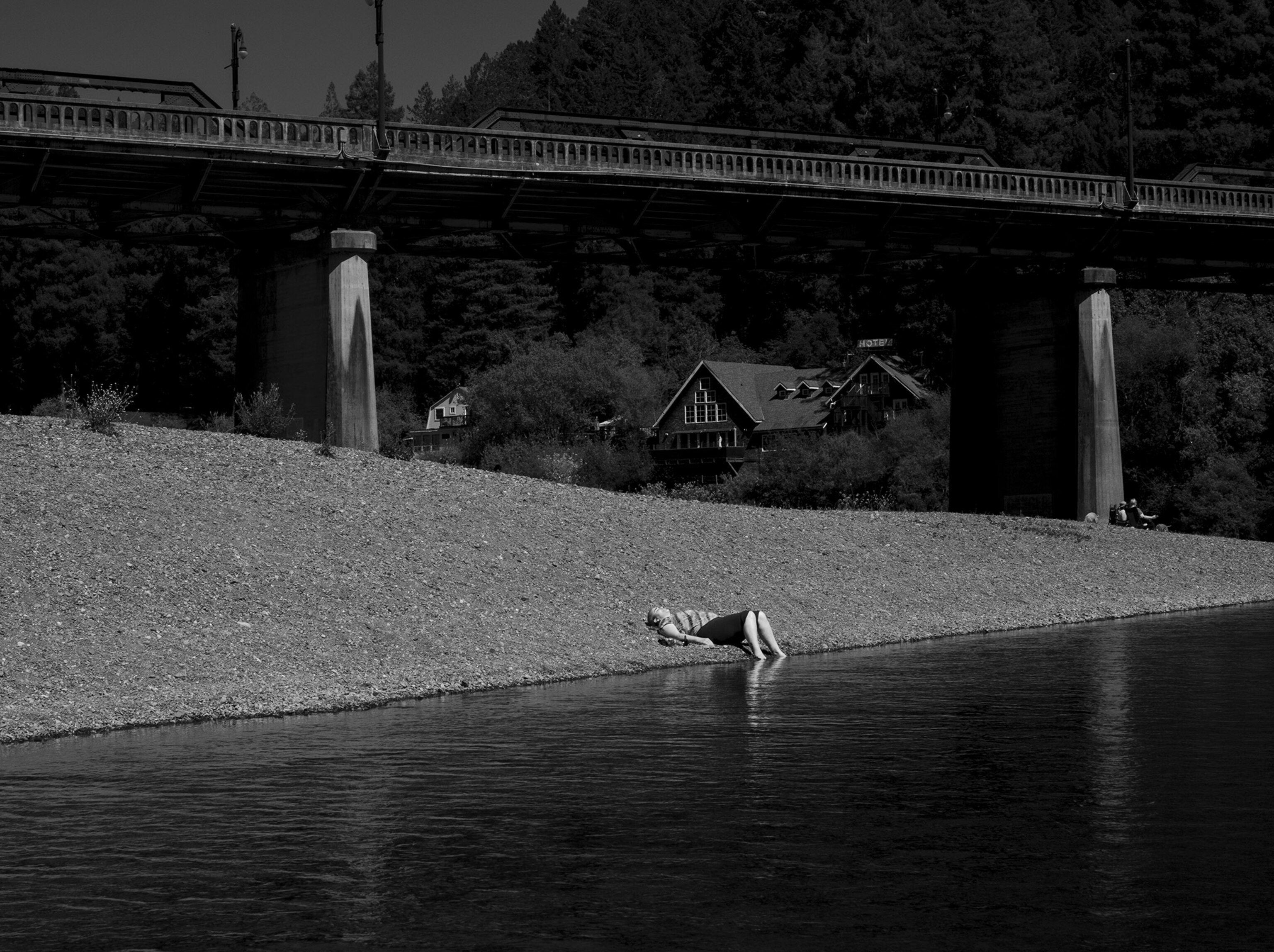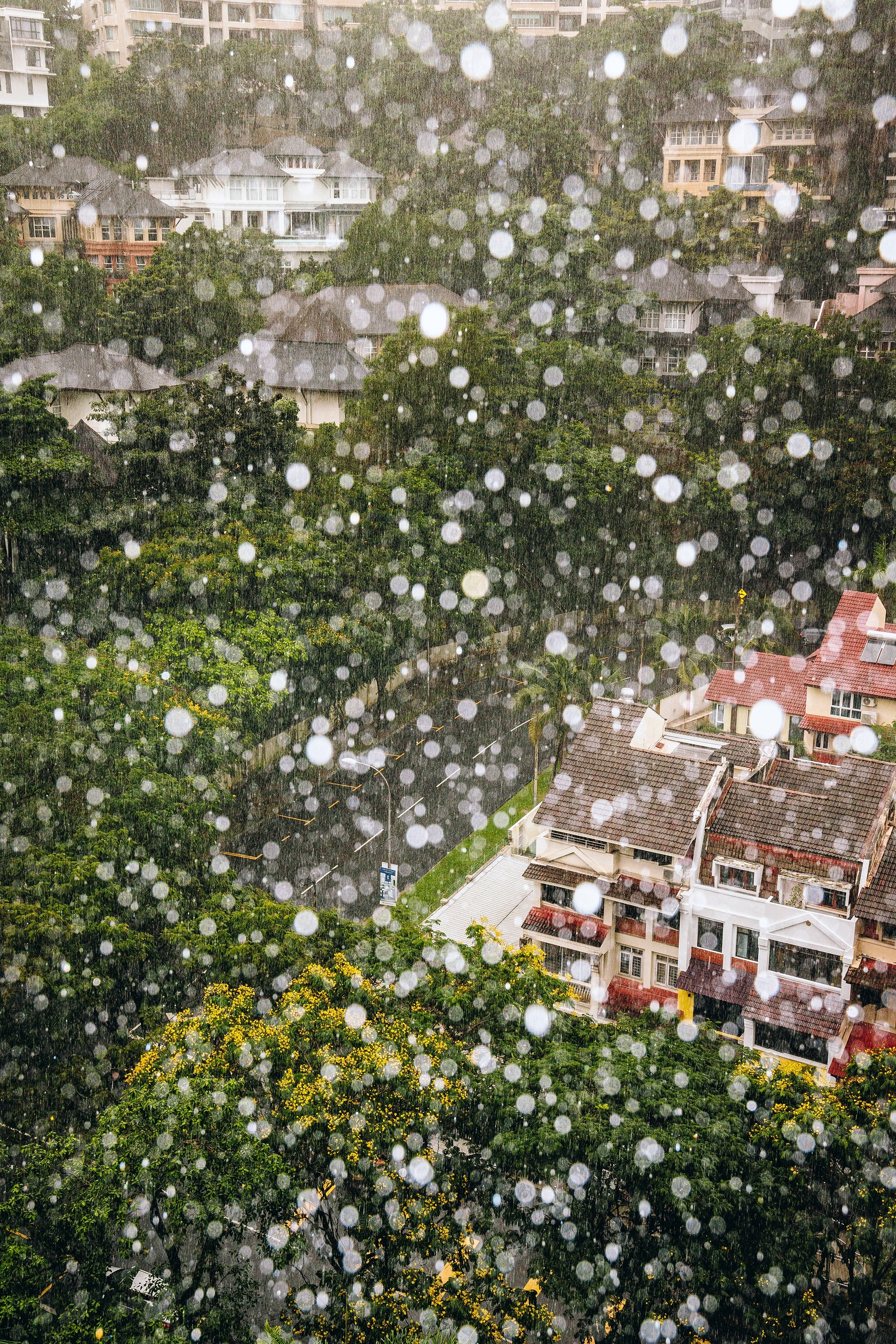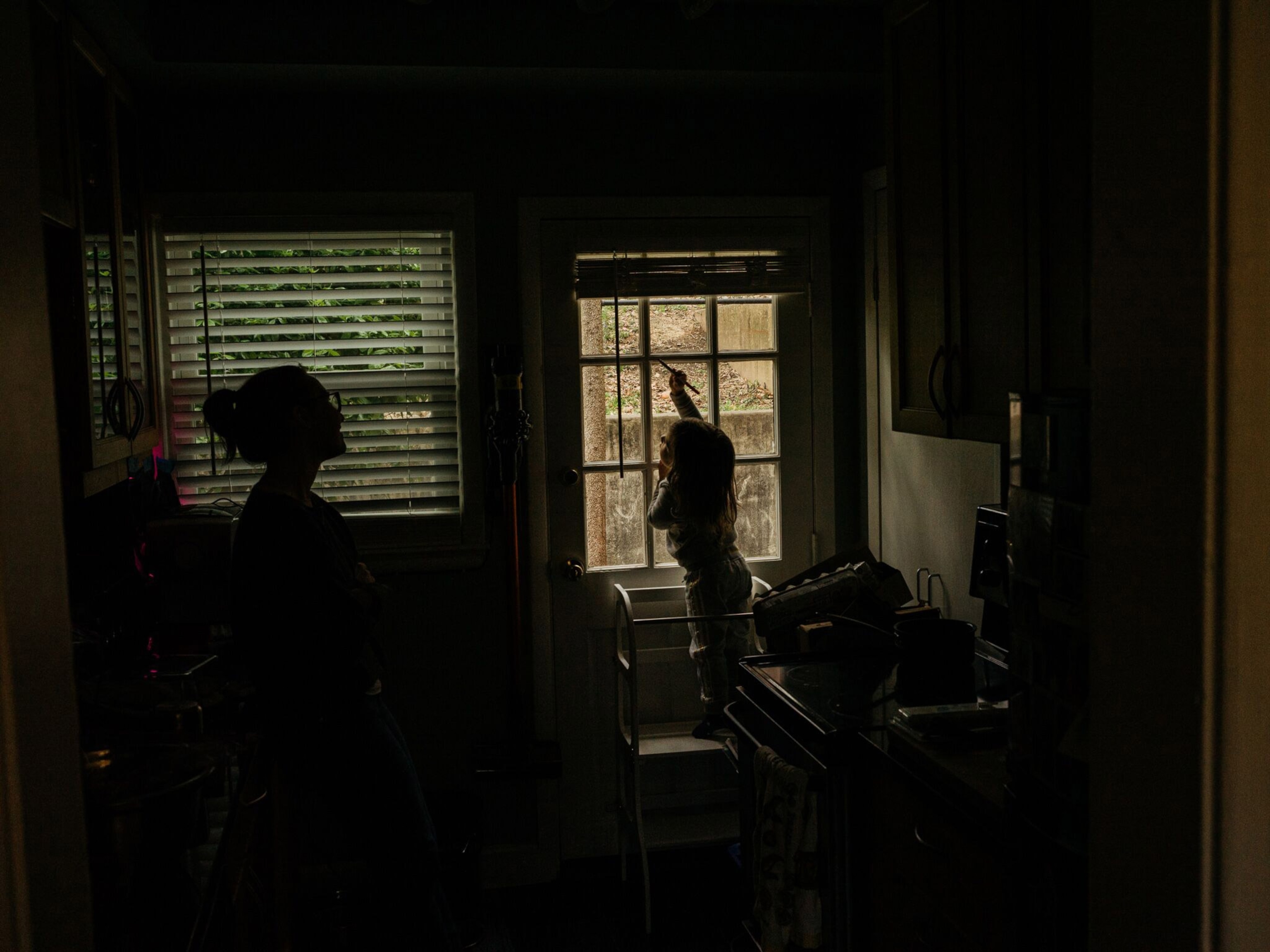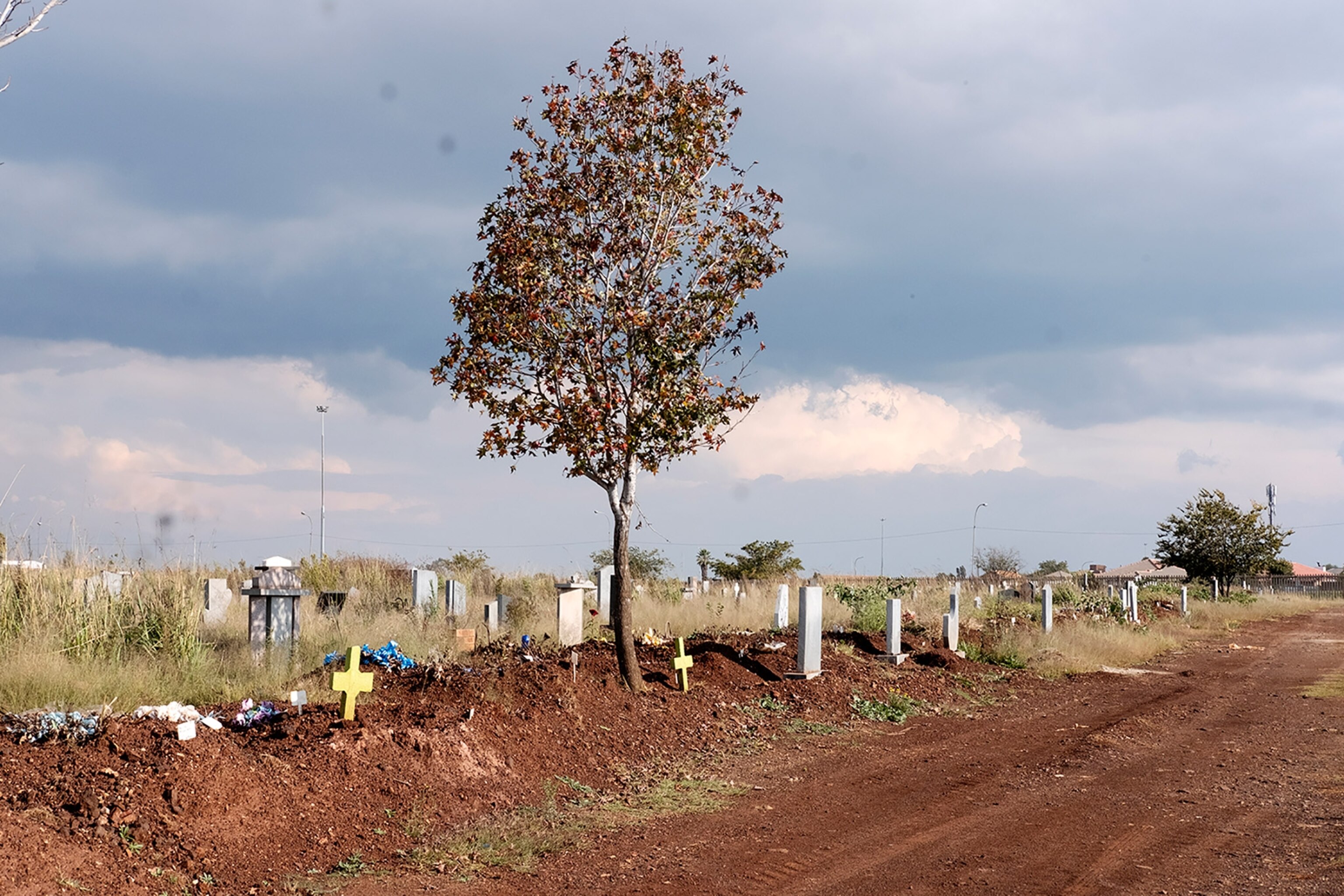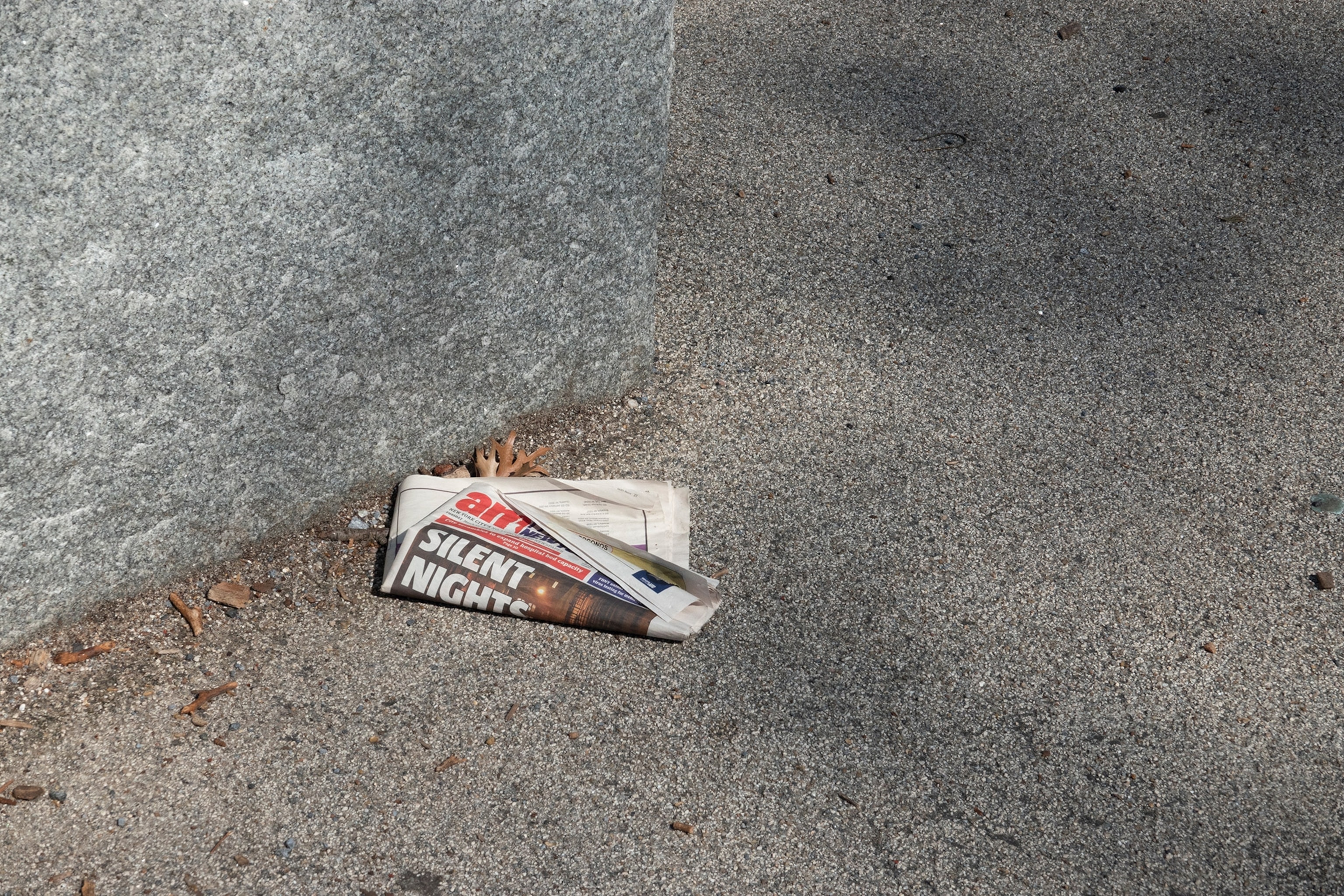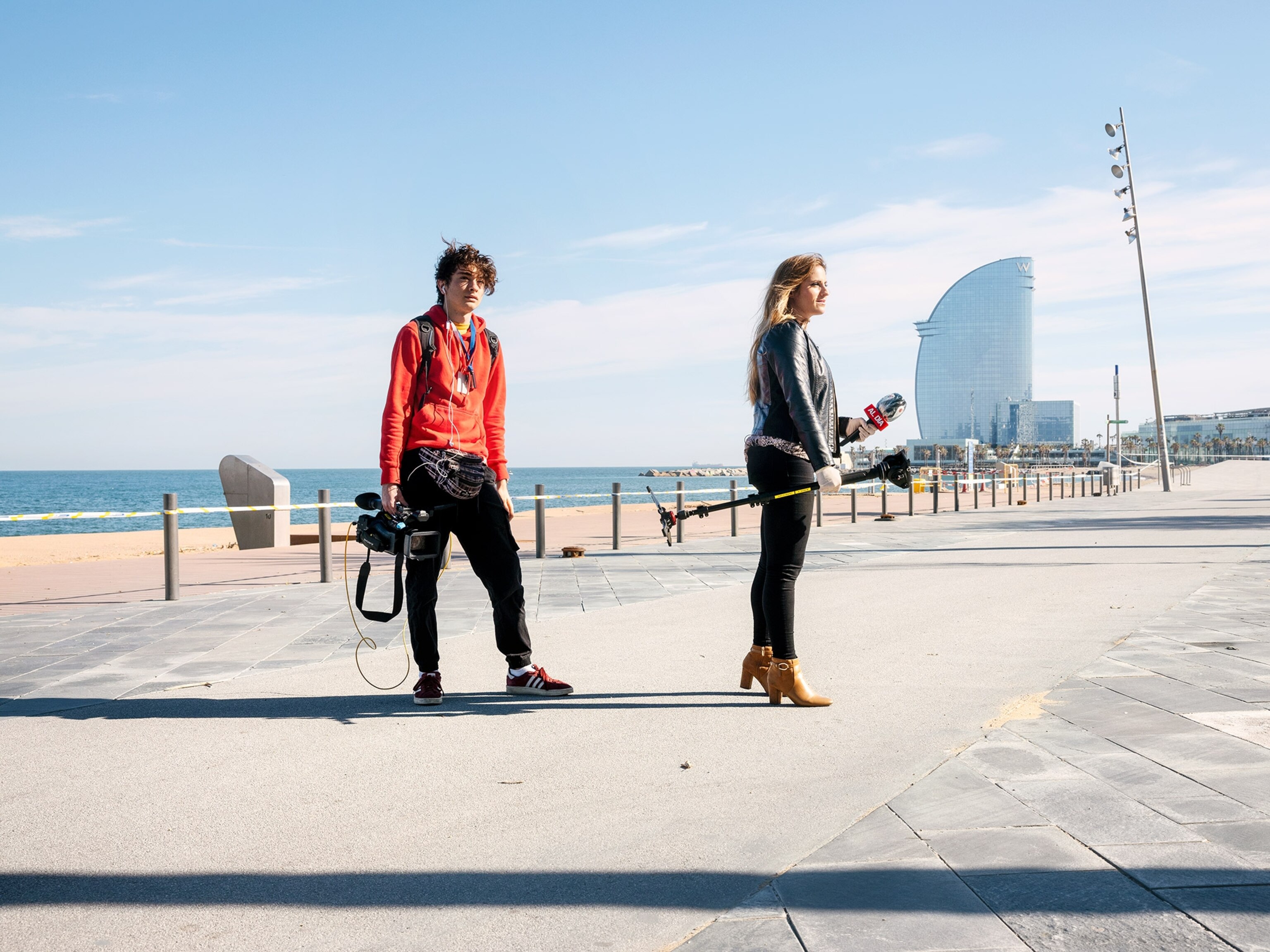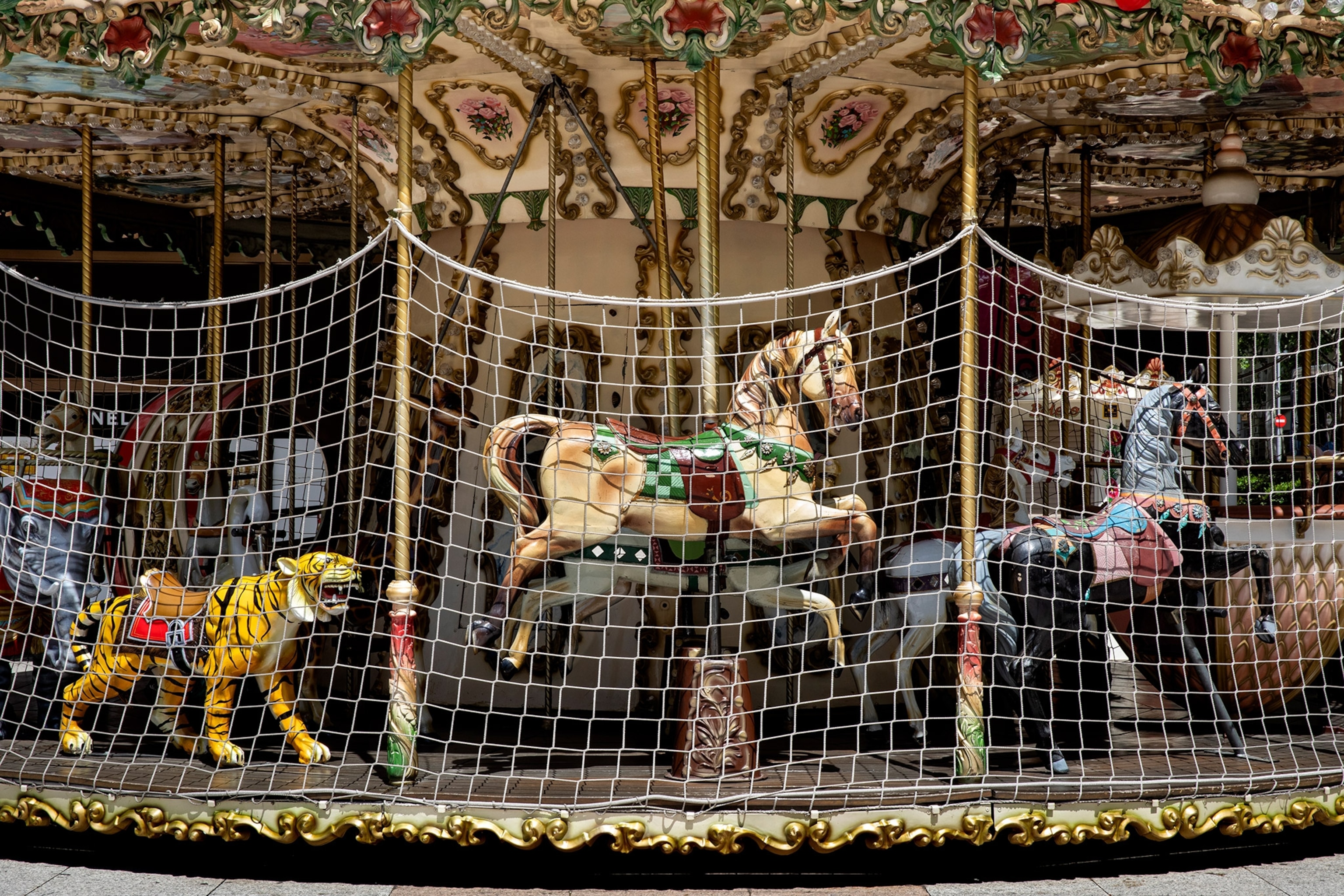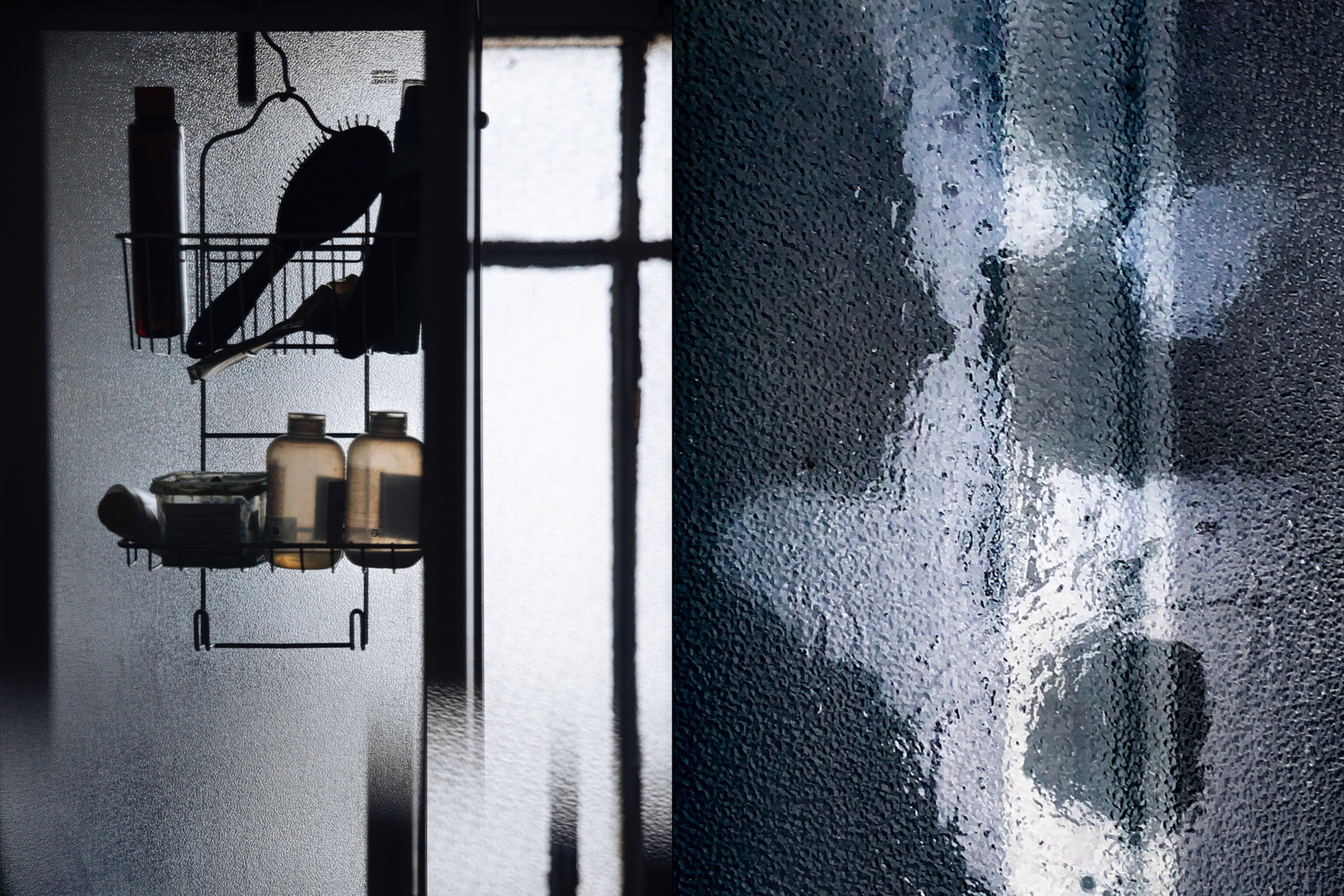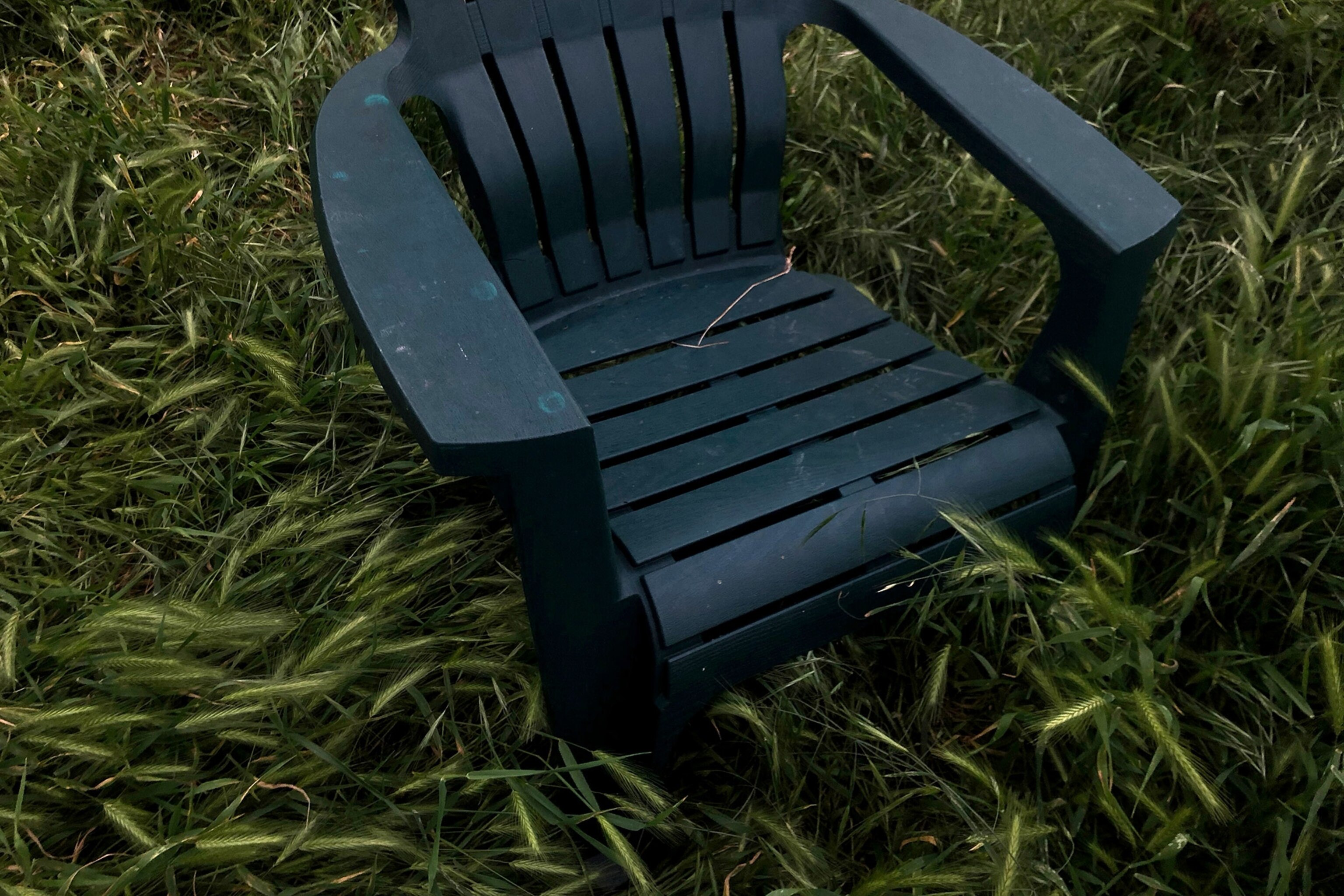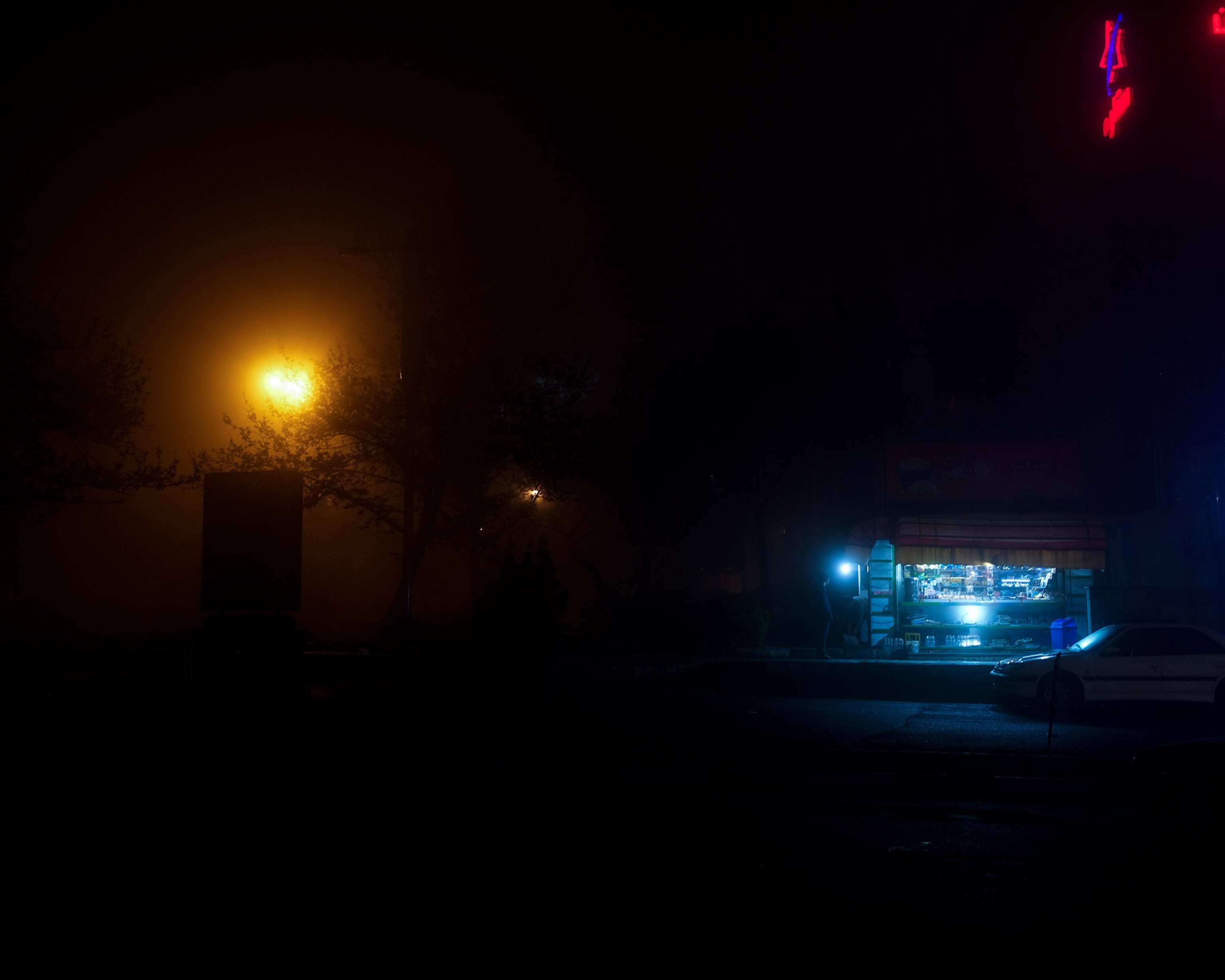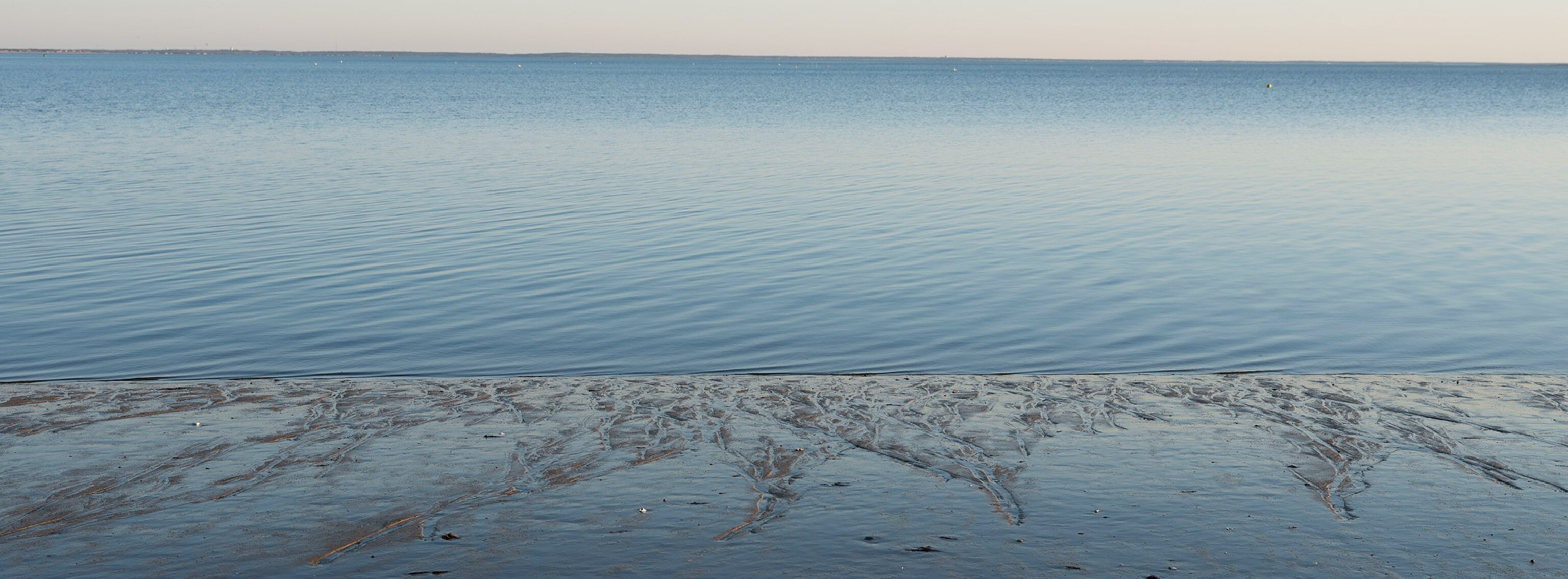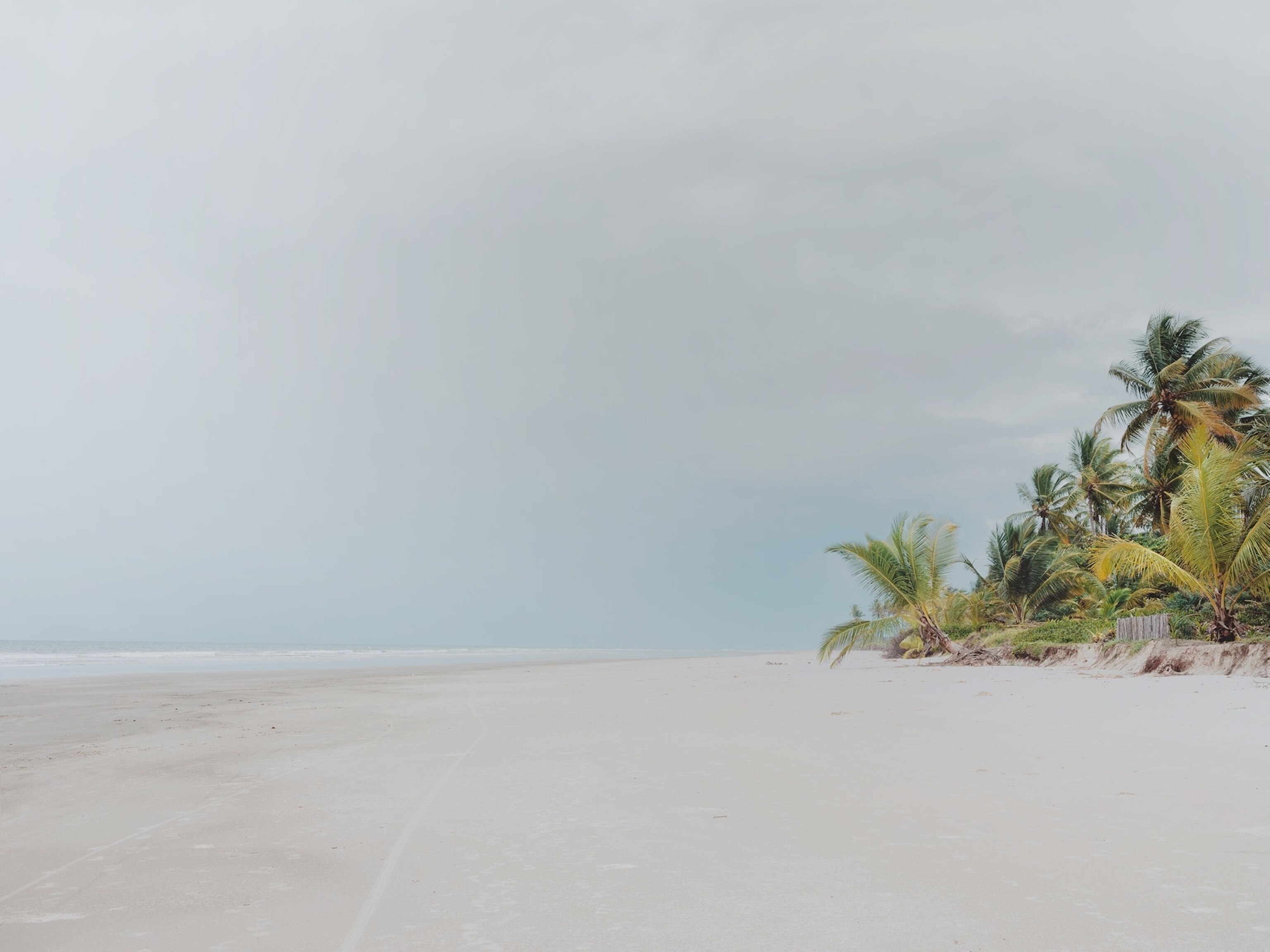
These photos reveal a hushed world
Empty beaches, still streets, sleeping children—photographers capture a world quieted by coronavirus.
Cities are empty. Music is silenced. The air has cleared. The Earth has stilled.
The pandemic has brought quiet, at least to some. Noise still fills hospitals crowded with coronavirus patients and homes containing pent-up kids. But quiet can be found in streets emptied of cars, in shuttered businesses, and in those times when there’s no place to go and nothing to do but listen to the soft sounds that used to be drowned out by our busy lives.
Photographers, confined like the rest of us, are capturing those moments of silence, of reflection, of clarity. In New York, a photographer, alone and sick with COVID-19, notices sunlight illuminating his parents’ portrait. In California, a couple cherishes a moment alone near the sea. In Poland, a library seems more hushed than it’s ever been, and in Spain, an ornate carousel has come to a stop.
How are people experiencing this new quiet? National Geographic and Magnum Photos photographers bring you a global look at how coronavirus is affecting the worlds they see inside—and just outside—their windows.
